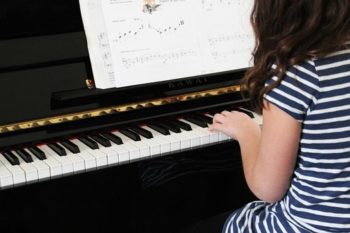 Engaging Our Children in Daily Assignment Assessments
Engaging Our Children in Daily Assignment Assessments
As many students begin their school year in a remote classroom, teachers and parents can help their children understand their learning intentions and identify effective assessment strategies for demonstrating learning. Assessment definitions typically include these key ideas:
- Measures the outcomes of teaching and learning
- Gathers and uses information about students’ knowledge and skills
- Relies on empirical data
A More Comprehensive Definition
An assessment also relies on gathering, analyzing, and using evidence and information from multiple sources about learning outcomes in ways that best support students, inform instruction, make educational decisions, and improve learning outcomes. It is most effective when it benefits both the giver and receiver. What if there was a way to document a “return on assessment?” This chart describes what happens when students are engaged IN the process of assessment as compared to the benefits when they are empowered AS assessors. [Read more…]

Laura Greenstein has been an educator for over 30 years serving as a teacher, department chair, and school leader in multiple grades and subjects. She combines this background with her experience as a school board member and professional development specialist to bring fresh and original ideas to educators about teaching, learning, and assessing. She consults with schools and districts and presents at workshops and conferences locally and nationally. As an adjunct professor at the University of Connecticut and the University of New Haven, she teaches Human Development and Assessment to undergraduate and graduate students and more recently, Teaching, Learning, and Assessing with Technology in the 6th year Digital Literacy program. She has a B.S. from the University of Connecticut, an M.S. from the State University of New York at Oneonta in education, a 6th year from Sacred Heart University in administration, and an Ed.D. from Johnson and Wales University in Educational Leadership. Her website, http://www.assessmentnetwork.net, is a valuable source of information on issues and topics in assessment. She is the author of multiple books on assessment including What Teachers Really Need to Know About Formative Assessment, Assessing 21st Century Skills: A Guide to Evaluating Mastery and Authentic Learning, Restorative Assessment: Strength-Based Practices to Support all Learners, and Sticky Assessment: Classroom Strategies to Amplify Student Learning.
 Performances Document Student Learning
Performances Document Student Learning